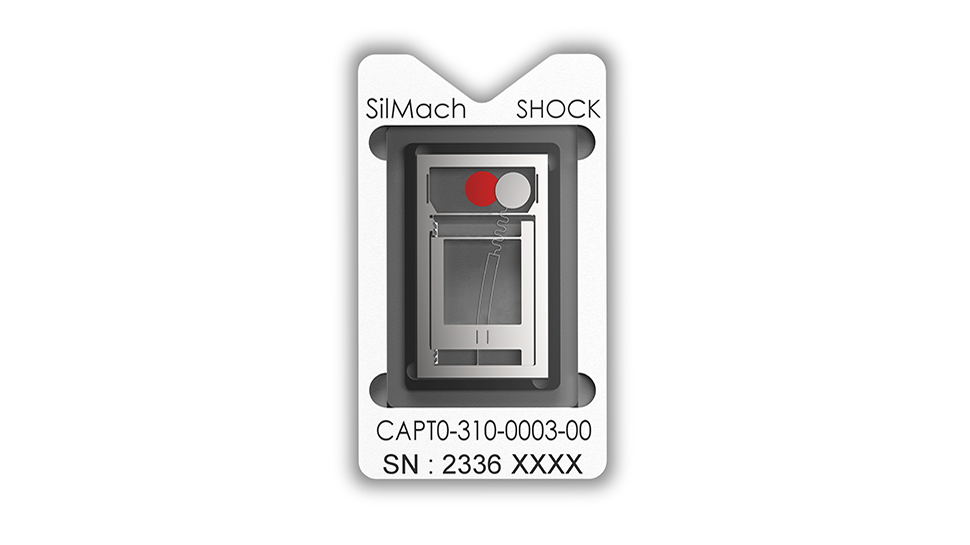French startup reveals quasi-immortal sensor that doesn't need energy to work — SilMach's ultra cheap microsensors can be used in a dizzying array of use cases
Microsensors will monitor bridge safety for the French government

Sign up for breaking news, reviews, opinion, top tech deals, and more.
You are now subscribed
Your newsletter sign-up was successful
France 2030 is a strategic €34 billion investment by the French government aiming to kickstart economic growth in the country.
As part of this initiative, the SIRCAPASS project (Surveillance of Road Infrastructures by Passive Sensors) has chosen French firm SilMach to provide ultra-cheap microsensors to monitor and ensure the structural health of bridges across the country.
The €1.7 million project is aimed at monitoring road infrastructures through passive sensors, specifically targeting impact detection, fatigue monitoring, exceptional overload, and crack identification - all tasks that previously were handled manually.
Operate effectively in harsh environments
Built around hybrid MEMS micromechanical sensor technology, these microsensors can record critical structural events without a power source, potentially identifying any hazards that might compromise a bridge's structural integrity, and hopefully ensuring public safety.
“France 2030 marks a crucial step in SilMach's development,” said Co-CEO Pierre-François Louvigné. “We are proud to lead this public-private consortium with key actors capable of providing a technological solution for the safety of the French and our economy.”
Fellow Co-CEO Jean-Baptiste Carnet added, “Everyone knows the human and economic cost of a bridge collapse. Our innovations are here to provide a new response to a major societal challenge.”
SilMach says its energy-free microsensor sensors operate effectively even in harsh environments including underwater and in space. With a communication module linked to an information system, the sensor can relay critical data and provide a mechanical memory ensuring access to raw data in a directly exploitable format.
Sign up to the TechRadar Pro newsletter to get all the top news, opinion, features and guidance your business needs to succeed!
More from TechRadar Pro

Wayne Williams is a freelancer writing news for TechRadar Pro. He has been writing about computers, technology, and the web for 30 years. In that time he wrote for most of the UK’s PC magazines, and launched, edited and published a number of them too.